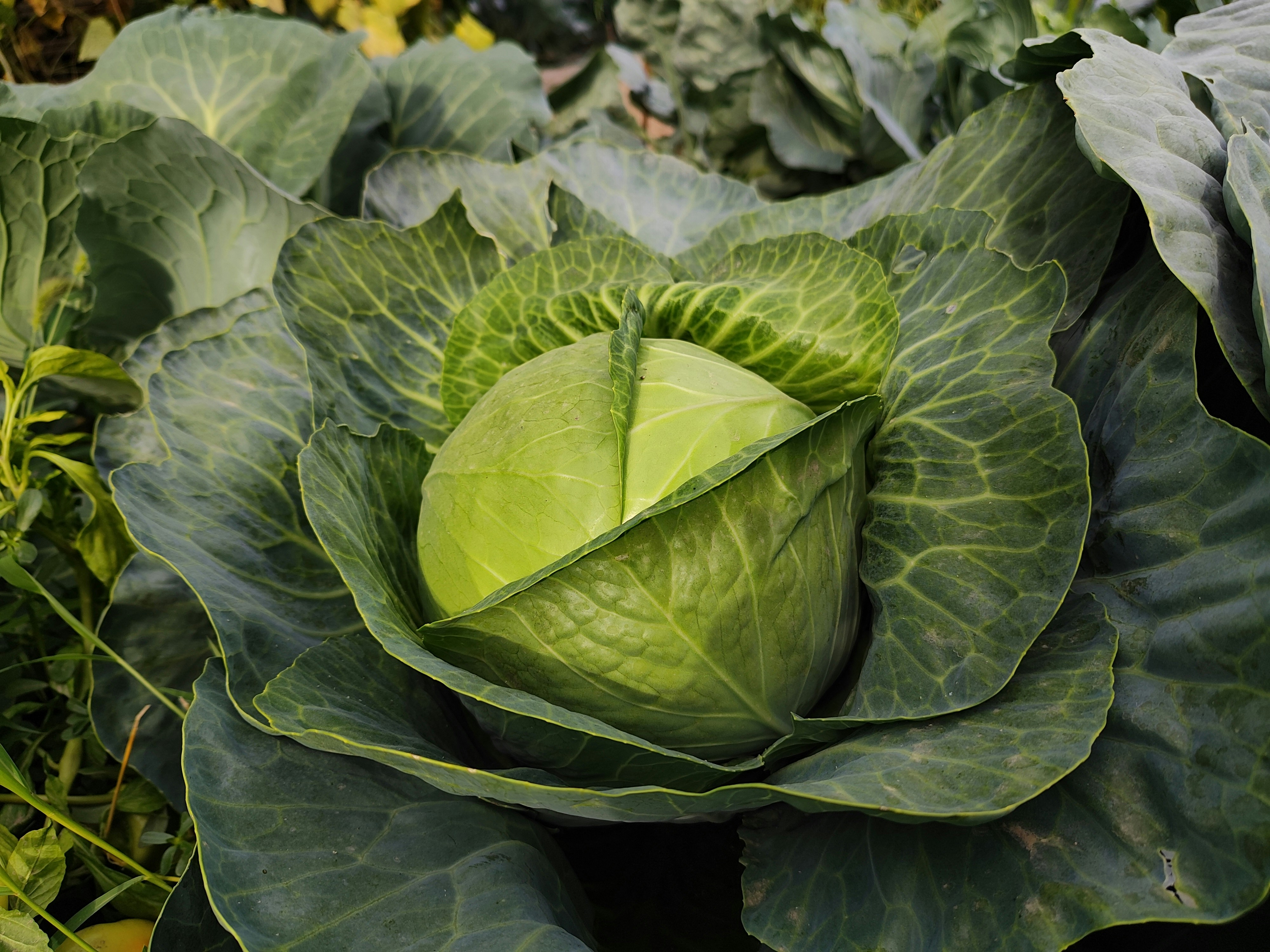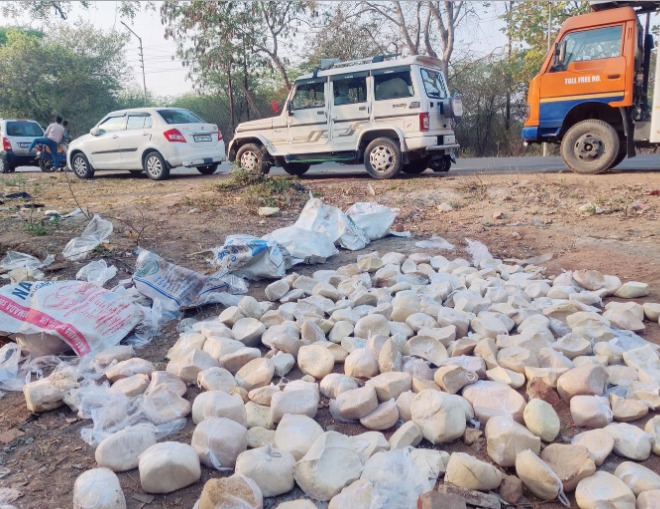Have you come across onions with a black powder-like substance on their outer layers? These black particles are not dirt, but a type of fungi known as Aspergillus niger. Recently, a doctor's post about the ubiquity of such onions in the market went viral and sparked a discussion about food safety practices. Dr Nandita Iyer wrote on X, "At this point, the only way to get onions that are not coated with black fungus is to take a paring knife to the vegetable market, peel, quality check and then buy. I've ordered from every single app/supermarket and I'm sorry to say that I am yet to come across a single onion without the black coating."
At this point, the only way to get onions that are not coated with black fungus is to take a paring knife to the vegetable market, peel, quality check and then buy. I've ordered from every single app/ supermarket and I'm sorry to say that I am yet to come across a single onion… pic.twitter.com/inWmX2F34W
— Dr Nandita Iyer (@saffrontrail) November 12, 2025
Also Read: Is It Safe To Eat Cold Leftover Food Straight From The Fridge?
Many X users said they face similar difficulties in finding "clean" onions. Some people advised buying onions from local markets in person rather than relying on delivery apps - and the doctor agreed. Some claimed that the problem is not a new one, but Dr Nandita pointed out that more and more onions nowadays seem to have this black fungus on them. So the frequency is also an issue. Read some of the reactions below:
Facts! At this point, buying onions needs PPE kit, magnifying glass and a quality-check lab. Clean onions have become a myth.— Dr-karthikeyan (@karthc1) November 12, 2025
Go to your local mandi...🙏 please put effort if you want to consume better...local farmers bring quality stuff there...supermarkets and online stores are horrible— kushagra kashyap (@kushagrakashyap) November 12, 2025
I think the root cause is that the dealers who purchase the yield from the farmers have been historically hoarding the onions to control the market price. Sitting too long in improper storage conditions is the key reason imo so it's not really going to change wherever u get from— Vithal Kadiam (@kvgraphy1) November 12, 2025
It's due to the humid climate and how they're stored in warehouses and dark stores. But I've always heard they're harmless as long as you wash them away!— Rajath DM 😎 (@rajathdm) November 13, 2025
It's a real shame when the basic things we count on are constantly letting us down. We just want to cook a decent meal without having to become produce inspectors first, you know? Hopefully, things start looking up soon for everyone trying to stock their pantry.— Gelson Luz (@gelsonluz) November 13, 2025
this is so common now in onions. I have started buying from local market but sometimes they also have similar kind of onions.— Nidhi Singh (@anuridhisingh) November 13, 2025
I can't find onions without them either. So I usually remove the outermost layer completely, wash well and then cut the onion.— aravv (@aravkanth) November 13, 2025
Why Does Black Fungus Grow On Onions?
In the past, Dr Nandita Iyer had shared an informative video about onions coated in black fungus (Aspergillus niger) and how they should be handled. She explained that the fungus "thrives in warm, humid spaces" and is also found on fruits and bathroom walls. As per the doctor, the fungus grows because of "humid weather, poor ventilation in storage, longer shelf times in the warehouse and the musty dark stores of the quick commerce brands."
Also Read: 6 Whey Protein Myths You Thought Were True (But Aren't)
Should You Throw Away Onions With Black Fungus?
Dr Nandita Iyer says that one can consume such onions provided that the black substance is only on the outermost layers. In this case, one should peel it carefully to get rid of the fungus, wash it thoroughly and then cook it. If the black substance is found on more layers, you will need to continue peeling until you reach clean, pinkish-white flesh. "If the onion has a musty smell or slimy texture, then just throw it away," the doctor advises. She points out that this fungus can sometimes produce toxins that may cause health problems.
Another important tip shared by the doctor: always wash your hands, knife and chopping board with soap after cutting any onion with black fungus on them - even if it's very little. This is crucial because the black particles may travel to other food items and contaminate them. Additionally, the doctor suggests storing onions in mesh baskets instead of plastic bags/closed boxes to ensure better ventilation. Buying onions fresh as you need them instead of stocking in bulk can also help.
You may have come across sensational claims about the 'dangers' of consuming black onions on social media. Prioritise awareness over alarm. By staying informed and following established food safety practices, you will not only protect your health but also prevent unnecessary food wastage.








